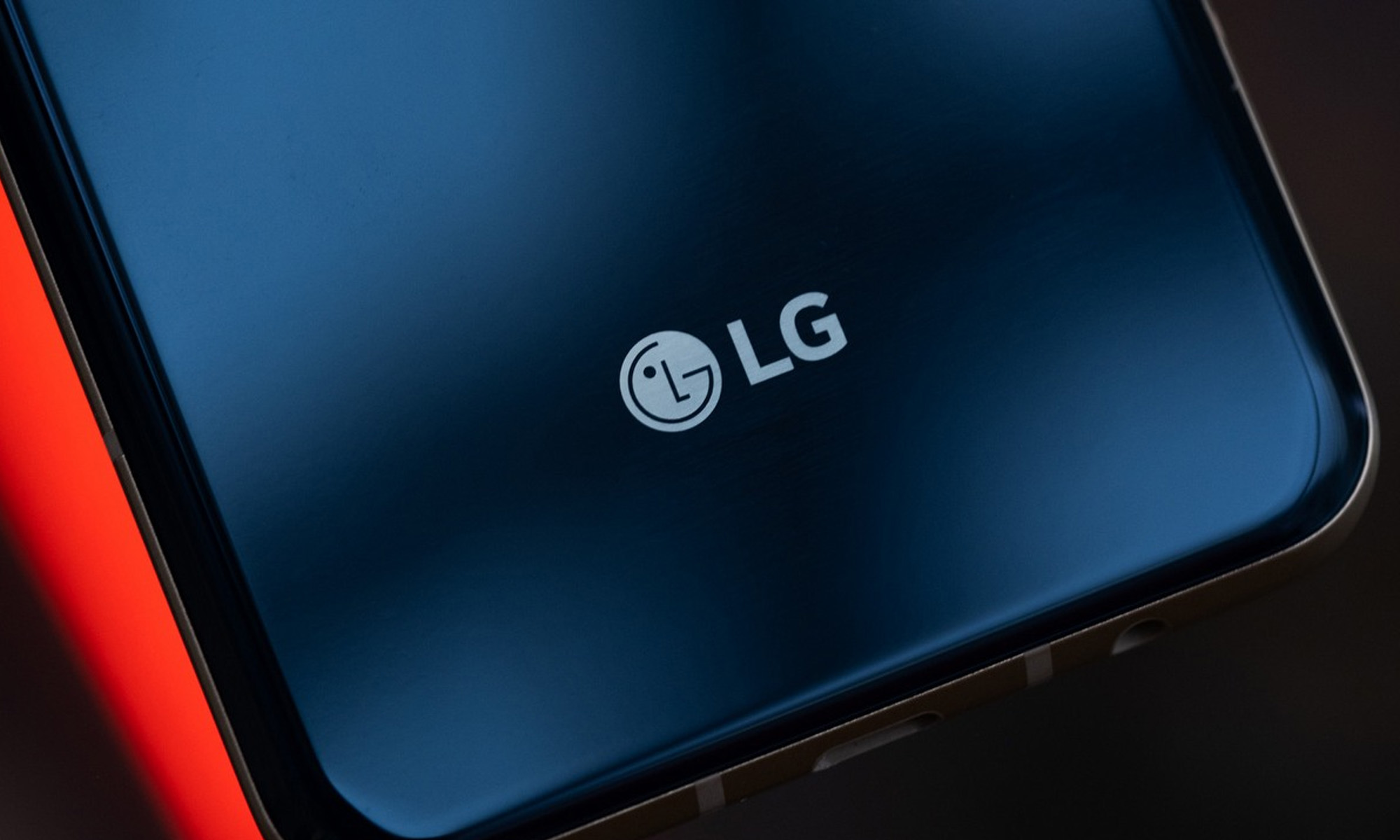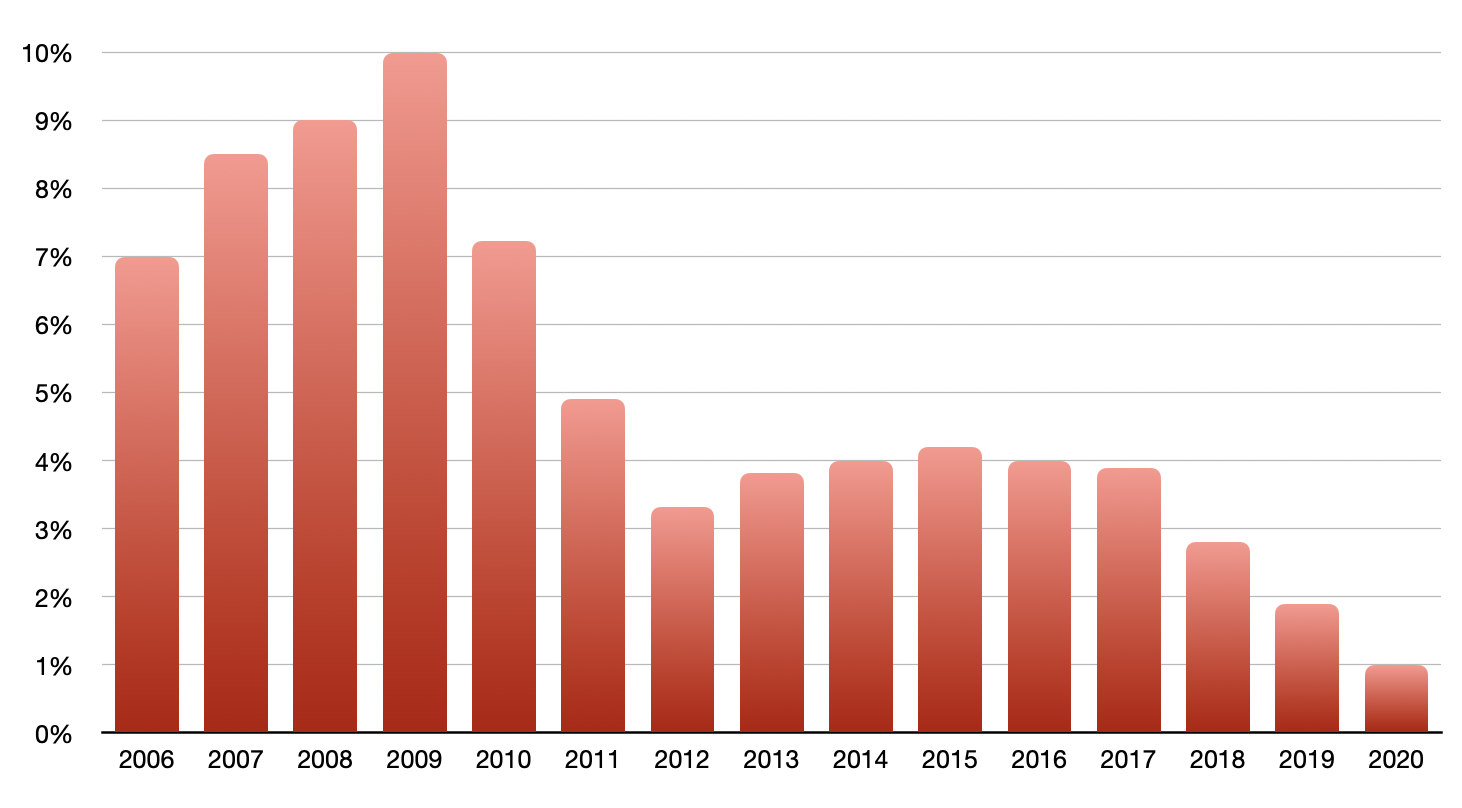News
LG To Withdraw From Smartphone Market Due To Ongoing Losses
After nearly 6 years of losses, South Korea’s LG Electronics has decided to completely withdraw from the smartphone market and focus on other areas instead.

After nearly six years of losses, South Korea’s LG Electronics has decided to withdraw from the smartphone market and focus on other areas instead, including home electronics, connected devices, and smart vehicle components.
The total losses of the LG’s mobile division amount to $4.5 billion even though the brand currently enjoys the third place in the United States, after Apple and Samsung Electronics.
“In the United States, LG has targeted mid-priced — if not ultra-low — models and that means Samsung, which has more mid-priced product lines than Apple, will be better able to attract LG users,” commented Ko Eui-young, an analyst at Hi Investment & Securities.
For a long time, LG was considered to be one of the most innovative smartphone manufacturers, pioneering ultra-wide-angle cameras, dual-display devices, vein-tracking aerial gestures, and swappable components. Unfortunately, most of its innovations failed to gain any significant traction among consumers.
To make things even worse, some of the more recent flagship models have suffered both software and hardware problems, and professional reviewers were quick to point them out, steering potential buyers toward other brands.

LG Smartphone Market Share
Currently, LG’s global share is only around 2 percent, with 23 million smartphones shipped last year. When compared with Samsung’s 256 million shipped units, the company’s decision to withdraw from the smartphone market suddenly becomes easier to understand.
Also Read: Huawei Wants To Make Long-Range Wireless Charging A Reality
It’s also worth pointing out that successful Chinese brands, such as Xiaomi, Vivo, and OPPO, have greatly increased buyers’ expectations by offering flagship specifications at mid-range prices.
The good news is that current employees of LG’s mobile division won’t lose their jobs — at least not those who are based in South Korea. Instead, they will be moved to other electronics divisions. Owners of LG smartphones also have nothing to worry about because both service support and software updates will continue to be provided even in the near future.
News
Checkout.com Set To Launch Card Issuing In The UAE
The payment service provider’s expansion is a first-of-its-kind investment and could reshape digital transactions across the region.

Checkout.com is laying the groundwork to become the first global payments platform to introduce card issuing in the United Arab Emirates — a move that could reshape how businesses in the region manage financial transactions.
The company plans to roll out its domestic card issuance offering in the UAE by 2026, subject to regulatory approval. The launch would give businesses the tools to issue both physical and virtual branded cards. This, in turn, opens up new ways to reward customers, streamline expense processes, and handle B2B payouts efficiently.
Checkout.com’s CEO and Founder, Guillaume Pousaz, revealed the plans during Thrive Abu Dhabi, the firm’s debut conference in the Emirates. Joined on stage by Remo Giovanni Abbondandolo, General Manager for MENA, Pousaz presented to an audience of over 150 partners and merchants at Saadiyat Island. Also in attendance was H.E. Omar Sultan Al Olama, the UAE’s Minister of State for Artificial Intelligence, Digital Economy, and Remote Work Applications.

Abbondandolo highlighted the strategic importance of the announcement: “As a global business, we focus on bringing products to markets that our customers want and need. Today’s announcement is proof of our commitment to the MENA region and its rising influence in the digital economy. The appetite for innovation here is real, and we’re proud to be building the infrastructure that powers it”.
One early adopter of Checkout.com’s UAE acquiring services is Headout, a travel experiences marketplace, which recently named the payment provider as its main partner in Europe. The company has already begun card issuing there and is keen to expand that offering into MENA once approval is granted.
The expansion of services in the UAE and beyond builds on Checkout.com’s track record in the region. It was the first global payments firm to secure a Retail Payment Services license from the UAE’s Central Bank and was instrumental in rolling out Mada and Apple Pay in both the UAE and Saudi Arabia.
Also Read: Protecting Your WhatsApp Account From Hackers: Kaspersky Expert Tips
The firm has also been rolling out new products: One of the latest is Flow Remember Me, currently in beta testing. It allows shoppers to store their card information once and access it across Checkout.com’s entire network, potentially cutting checkout times by up to 70%.
Earlier this year, Checkout.com also introduced Visa Direct’s Push-to-Card solution in the UAE, enabling both domestic and international payouts. Its collaboration with Mastercard has grown as well, making it easier for businesses to send funds directly to third-party cards securely and quickly.
With regional tech ambitions on the rise — spurred by initiatives like Saudi Arabia’s Vision 2030 and the UAE’s 2031 Agenda — Checkout.com sees its role as one of a key enabler. “Our mission is to help ambitious businesses navigate the complexity of payments, so they can move faster, go further, and make the most of every opportunity,” said Abbondandolo. “In MENA, performance is personal. It’s local. It’s built on trust. And when payments perform, businesses thrive”.






















